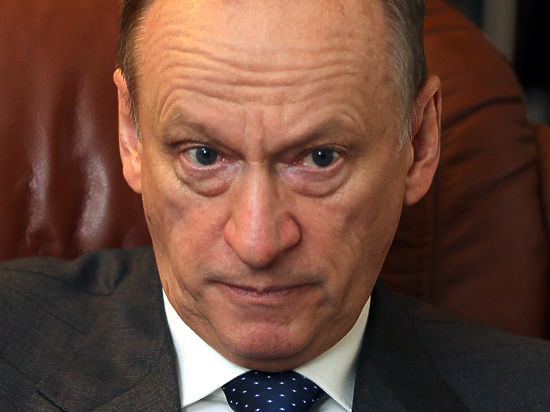The Lesson from Iowa: Politics Is and Remains a Business for Professionals
Hardly a word in the political reporting on the primaries in the U.S. leads to a craze as fast as “momentum” does. As soon as a candidate is a bit further ahead in a poll than originally assumed, a self-fulfilling prophecy is constructed out of this one piece of data, with the candidate’s campaign then becoming a snowball, gathering momentum, and growing stronger, ending in an inevitable election victory.
For the media, this interpretation of election campaigns is especially appealing. It fits in seamlessly with vocabulary taken from boxing and horse racing. If a campaign is represented as an exchange of blows by political athletes, then the promise of an outsider, who suddenly gets in a lucky punch on the other, or flies past the competition at full gallop on the home stretch, is mesmerizing. That is how to captivate viewers in front of screens. That is how to get the maximum number of clicks in the Internet.
Like the prize boxer or thoroughbred horse, some candidates become enchanted by the idea of drawing the necessary strength for victory at the ballot boxes from themselves. In this year’s primaries there is no candidate nearly as seduced by his own snowballing implacability as Donald Trump. Not one day went by in the previous seven months when the independent billionaire did not boast about his ratings in the polls, not one campaign rally where he did not promise his fans that, after a year of the unstoppable Trump presidency, they would be bored from winning.
On the opposing side, Bernie Sanders, the senator from Vermont, would not and will not tire of representing his “Revolution in America” as an inevitable end of this campaign. According to him, America is ready for his “radical ideas,” which, in the view of Europeans, could be those of a member of the Christian Social Party*: universal health insurance, free education, doubling of the legal minimum wage to $15 per hour.
However, the momentum of this political perpetual motion machine is fictitious. If a candidate forges ahead, then this is not due to the alchemy of his own "alternativeslessness,"** but rather to instinct, vision and hard work. Ted Cruz is a God-fearing man, but he beat Trump in Iowa because he had tirelessly visited every group of constituents and organized a well-planned campaign, whereas Trump spent more money on baseball caps with his campaign slogan “Make America Great Again” than on local strategic advisers or voter data records.
Sanders, in turn, presents his narrow defeat against Hillary Clinton as a moral victory and a sign of — precisely — his “momentum.” But whoever is thoroughly concerned with the characteristics and inclinations of Democratic voters in all the other states besides Iowa and New England quickly recognizes the limits of Bernie Mania. Black and Hispanic Democratic voters may fundamentally agree with him that the American dream is much harder to make a reality for the bottom 99 percent than for the 1 percent at the top of the wealth charts. However, those who live in real, persistent poverty and are confronted by racism can less afford the luxury of a dream of revolution than can a white college student from New England. These people have not forgotten what Bill and Hillary Clinton achieved for them during their decades-long careers as the most powerful political couple of modern times, and they often forgive them for their frequently sloppy handling of truth.
So, to return to the realm of sports: Campaigns are marathons. In the end, whoever prepared the best and deployed their forces cleverly, wins.
*Translator’s note: The CSP is a conservative party in Austria.
**Translator’s note: It appears that the author may have been making a jab at Angela Merkel, who has used "alternativeless" to say that there are simply no alternatives to her policies. See here.


